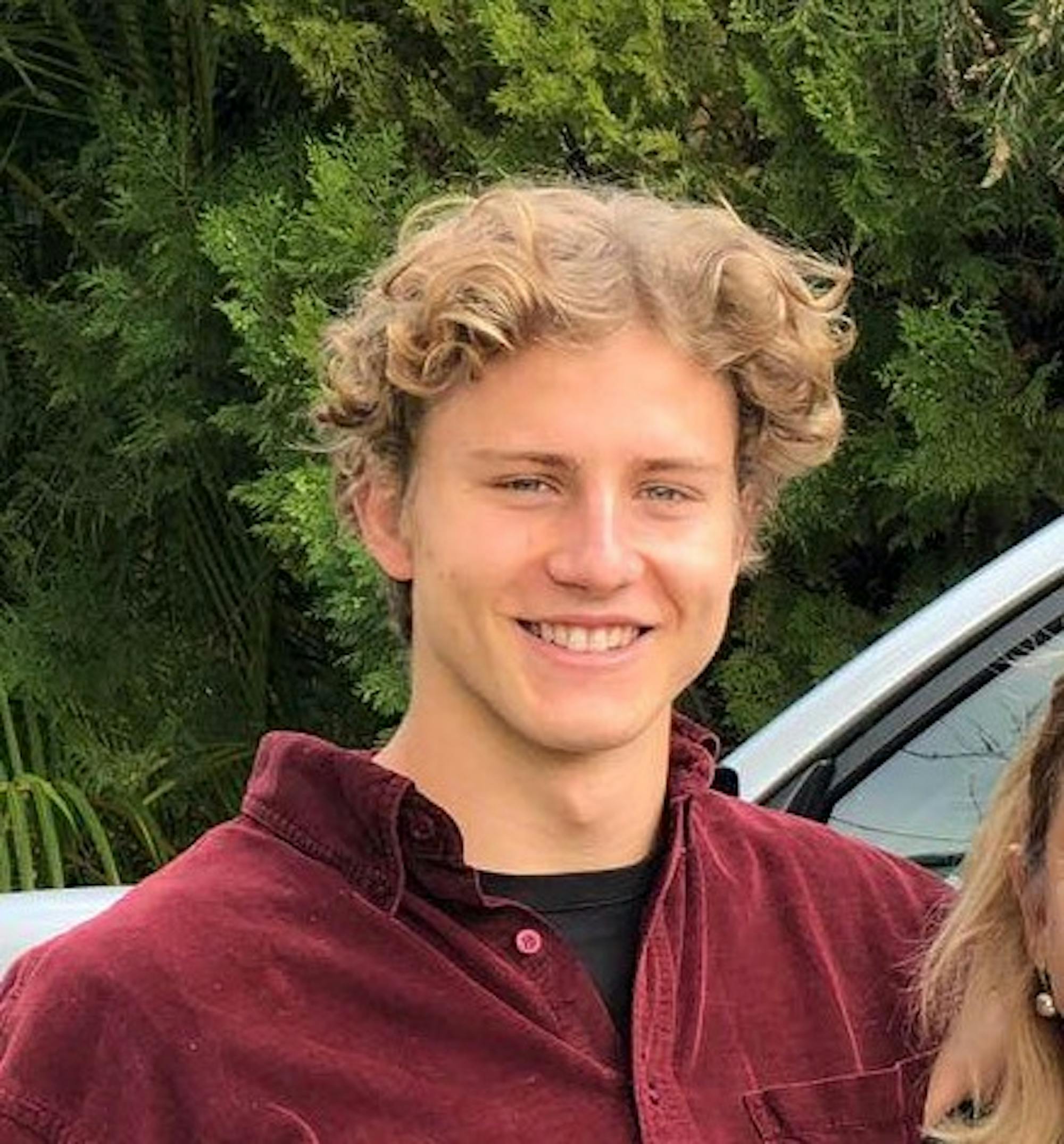Before starting his McCusker Centre for Citizenship internship at aged-care provider Bethanie, 20-year-old Mitchell Pratt had never heard of the social issues related to the intergenerational divide.
Within just a few days, it had quickly become the University of WA Biomedical Science student’s main focus.
During the 100-hour internship, Mr Pratt and fellow intern Amy Lee investigated intergenerational stereotypes within WA society and the influence they have on youth’s perception of aging and elderly people.
The pair completed a comprehensive literature review and collated the research into a final report, which they presented to the executive team at Bethanie.
The final report included an analysis of their internal survey, assessment of youth perceptions of elderly citizens at a global and local level, and identified relevant intergenerational programs used around the world that Bethanie could apply to a WA context.
“I quickly began to feel very proud of being afforded the opportunity to work in a role that would positively impact people’s lives,” the City Beach resident shared.
“I couldn’t help but believe that the work which I was doing would improve a very real social issue – which only just a few weeks prior I wasn’t even aware existed.
“We recommended programs that were especially relevant to Bethanie and could be applied in WA to improve the generational divide, which at the moment is disfiguring our society.”
Mr Pratt said the report would help equip Bethanie with the tools needed to actualise a positive community outreach program.
“An effective intergenerational program promises to harmonise the dissonance between age group,” he said.
“We are confident that if a considered approach is taken to implement any of the several programs which we have identified, younger and older people within our communities will be happily united in meaningful interactions.”
Mr Pratt said his McCusker Centre for Citizenship internship experience was “incredibly valuable and enjoyable”.
“Without wanting to sound too cliché, I have to admit that the deep sense of satisfaction and pride that I felt for my work – knowing the impact that it will have – has certainly been the most rewarding aspect of my internship,” he said.
The internship also encouraged him to reflect on and adapt his own opinions and biases about different generations.
“Knowledge and understanding of my own stereotypes is empowering, and with this new perspective, I am now able to consciously set about deconstructing those negative perceptions that beset intergenerational relations,” he said.
“I can see farther now than I could before, and appreciate these social issues in a new light, because this experience has elevated the vantage point from which I base my outlook on life.”

